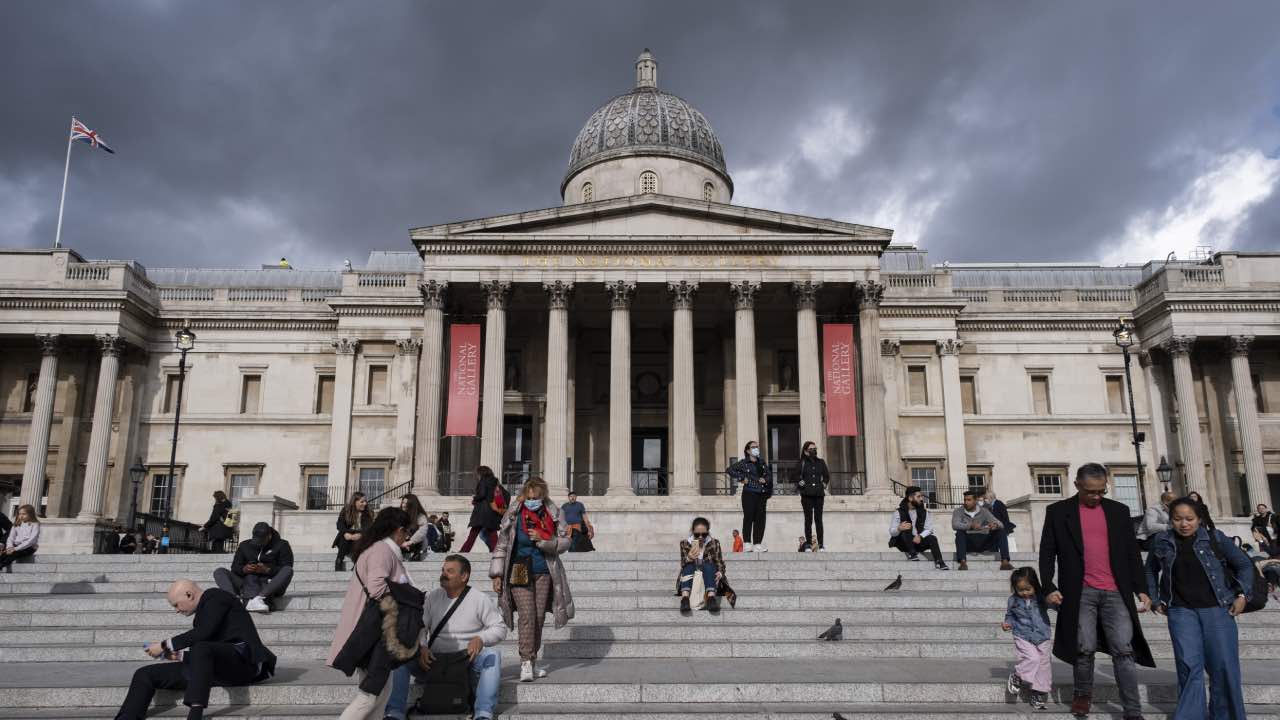London’s National Gallery publishes historical slavery report

In a detailed research project, London’s National gallery has published a report on the role slavery has played in the 197-year history of the institution’s success.
Focusing on the period between 1824 and 1880, 67 individuals were named with either direct, familial or more tangential connections to slavery.
According to the National Gallery’s website, the project was intended to “find out about what links to slave-ownership can be traced within the museum, and to what extent the profits from plantation slavery impacted our early history.”
The research project began in 2018 under the title “Legacies of British Slave-Ownership”, when it was discovered that the first artworks to come into the gallery when it was founded in 1824 belonged to financier and philanthropist John Julius Angerstein.
Researchers concluded that these 38 paintings brought into the gallery by John Julius Angerstein had “an unknown proportion of this was in slave ships and vessels bringing to Britain produce cultivated in the Caribbean by enslaved people. Angerstein acted as a trustee of estates and enslaved people in Grenada and Antigua.”
The report also recognised the late 18th century portrait painter Thomas Gainsborough, who has several works in the museum’s collection: three portraits of which depicted people with ties to slavery.
According to the museum, a second report is underway which will cover collectors, trustees and donors from 1880 to 1920.
A spokesperson from the gallery acknowledged that its collection “has a particular, historically rooted character” but stressed they “have not, and will not remove any picture from display because of its association with slavery”.
She added, “If anything, we want to engender discussion and understanding about these questions. A great deal of work had been undertaken by the curatorial team in this area, and the picture labels in the gallery mark clearly where paintings are associated with slavery.”
Image credits: Getty Images
